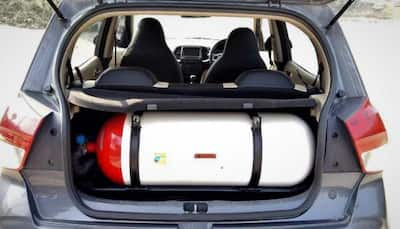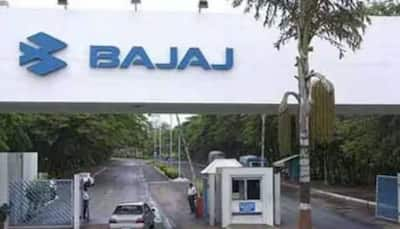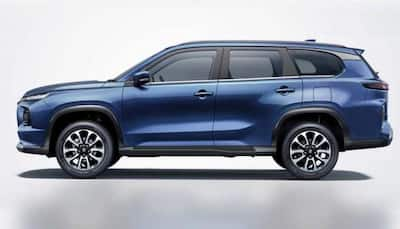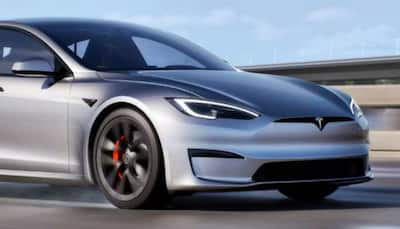The domestic sales of compressed natural gas (CNG) vehicles in India are expected to reach 1.1 million units by the end of this fiscal year, driven by the government’s push for cleaner fuels and the expansion of CNG infrastructure, according to a Crisil report.
This will take the CNG vehicle count in India to 7.5 million, a 3x increase from 2.6 million in fiscal 2016, and translating into a compound annual growth rate (CAGR) of 12 per cent.
The rapid growth in CNG adoption has been supported by a significant expansion of filling stations across India. The number of CNG stations is projected to exceed 7,400 by fiscal 2025, up from just 1,081 in fiscal 2016, registering a CAGR of ~24 per cent.
This expansion has contributed to reducing congestion at filling stations, enhancing the overall customer experience and improving the operational efficiency of city gas distribution (CGD) networks.
The availability of over 30 CNG car models, compared to single-digit options earlier, has further driven adoption. The commercial vehicle segment has also seen an increase in adoption due to tangible cost savings, with penetration currently at 10-11 per cent.
The two-wheeler segment is witnessing growth with the introduction of CNG variants, while the three-wheeler segment, with a penetration level of 28-29 per cent, faces competition from electric vehicles (EVs).
Despite strong growth, the Crisil report highlights certain challenges that could hinder the long-term development of CNG infrastructure and adoption.
The reduction in Administered Pricing Mechanism (APM) gas allocation for CNG–from ~68 per cent to ~51 per cent in October 2024, and further down to ~37 per cent in November 2024 before being revised to 50 per cent in January 2025–has raised uncertainty and increased gas sourcing costs for city gas distributors.
The increased sourcing costs, ranging from Rs 2-4 per kg, could have resulted in CNG price hikes of Rs 4-6 per kg. However, most CGD companies have implemented limited price hikes of Rs 1-3 per kg since October 2024 to maintain competitiveness, which has impacted their margins.
Additionally, the growth of CNG faces competition from emerging alternative fuels, including electric mobility and hybrid technologies.
To ensure the long-term competitiveness of CNG, the report suggests several policy measures, including the inclusion of natural gas under GST to bring uniform taxation and help rationalize costs for consumers and businesses.
Lowering excise duty on CNG would help keep prices affordable and encourage its adoption. Offering tax incentives and subsidies for CNG vehicles could further boost their penetration, especially in urban areas.
Stay informed on all the , real-time updates, and follow all the important headlines in and on Zee News.










